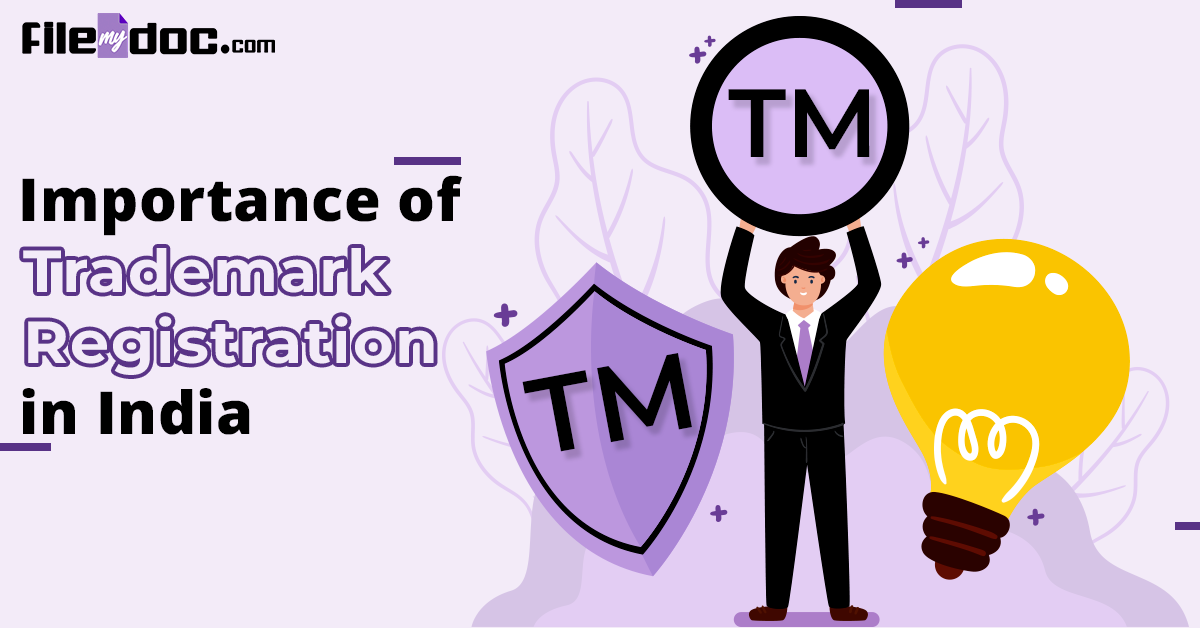
Trademarks offer a variety of benefits to consumers and producers and are very important. The law too offers protection for them
Every company realises the importance of trademarks and will go to considerable lengths to protect what is their intellectual property. They register the trademarks with the local patent office – in India, this is done by the Controller General of Patents, Designs and Trade Marks. This gives their intellectual property protection under the law.
There are multiple reasons why trademarks are important. Companies know about the importance of trademark registration because this confers them the right to protect this unique intellectual property against misuse.
Trademarks in India are protected by The Trade Marks Act of 1999, and is administered by the Trade Marks Registry. The registry acts as a resource and information centre and is a facilitator in trademark matters in India.
Six key reasons trademarks are critical for a business’ identity
1.A unique marker of identity:
Firstly, trademarks are important because they serve as a unique marker of identity. One look at the trademark, and the consumer connects it with a company. It could be the name on the logo, the design, and the colours. Consumers do not even have to read the words to figure out what it means. One look should tell them what it is all about. For example, the shoe brand Nike doesn’t always have the words on its logo, but most people know what the brand is all about.
2.Mark of standard and quality:
The trademark can convey a certain standard and quality of the product that consumers can easily identify. For example, one look at the Rolex logo indicates that it’s a high-end luxury product with exacting quality specifications. If someone else comes up with a cheap watch and sticks the Rolex logo on it, it will affect the sales of the luxury brand. Trademarks protect the quality that brand stands for.
3.Protecting a reputation:
Another perk that trademark registration offers is safeguarding the reputation of a company. For example, Lamborghini is an expensive brand of a luxury sports car and costs a lot of money. Now if a manufacturer of a less expensive car decides to affix the Lamborghini brand on to it, it will cause a big loss of reputation to the manufacturer. Discerning buyers of the luxury products wouldn’t be able to associate the brand with a luxury, high-end product and desist from buying it. Naturally, it’s in the interest of Lamborghini to ensure that no one else comes up with a cheap product of the same name and logo.
4.Consumer protection:
A trademark signifies to consumers that a product is of a certain standard and quality to the wider consumer set. Registering a trademark prevents others from using it so that consumers are not confused about the product. For example, Lux is a soap brand that in India has been marketed as a `beauty soap’. If a manufacturer of another brand of soap decided to use the same trademark, it will confuse buyers, and they may end up paying for something they didn’t want.
5.Strengthens market footing:
It can take years of marketing to get consumers to accept products. Some companies have trademarks that have been used for many years and have a reputation that is hard to beat. So it’s very important for companies owning such trademarks to protect it from unlawful use so that its reputation remains undiminished. The Belgian beer brand Stella Artois has been using the same logo relatively unaltered since 1366. Naturally, it would want it to be protected against any misuse!
6.Financial benefits:
Trademarks add value and recognition to a company. Therefore, a company with well-established trademarks and brands in its portfolio enjoy a good reputation in the market. It also makes it easy to raise money from the stock market, or borrow from lenders to expand into markets in other countries. Further, it also makes it easier to find partners and collaborators.
Trademarks offer a variety of benefits to consumers and producers, in terms of quality, reputation and even monetary advantage. It’s no surprise that most companies seek to protect trademarks from misuse.


























